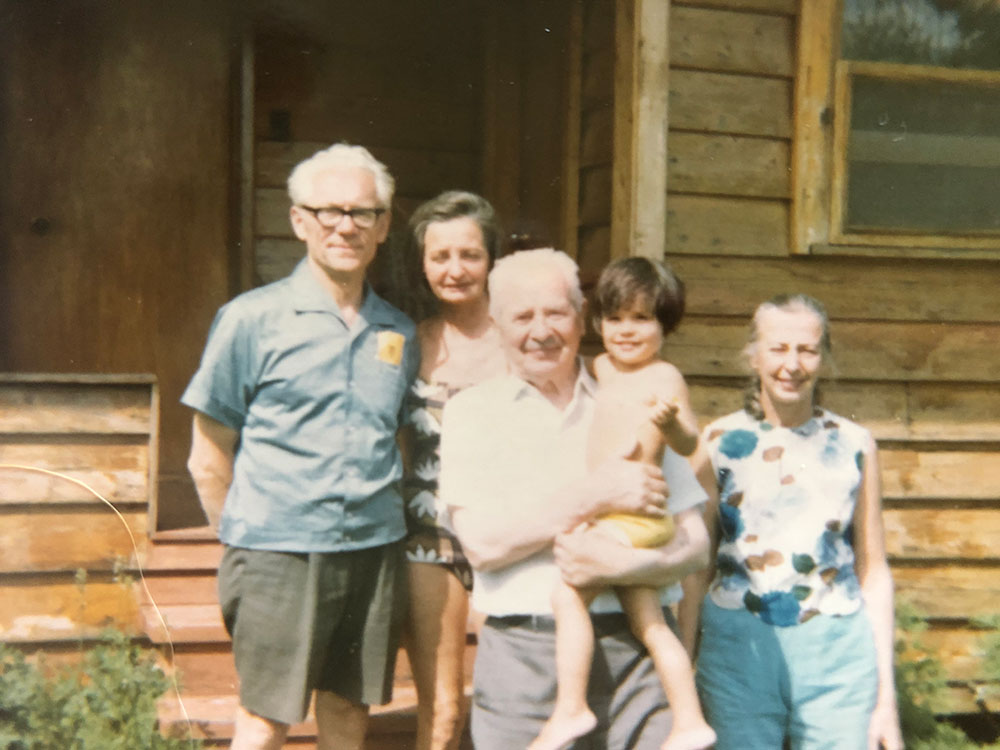20
Apr
Were you born with it?
"SAFE. SOFT. (147/365)" by Tim Pierce is licensed under CC by 2.0 I'm six years old, first grade, PE. We're trying softball for the first time and I want to swing that bat so badly I can barely stand it. I'm obsessed, like some mouth-breathing drunk...
14:39 /
Blog

